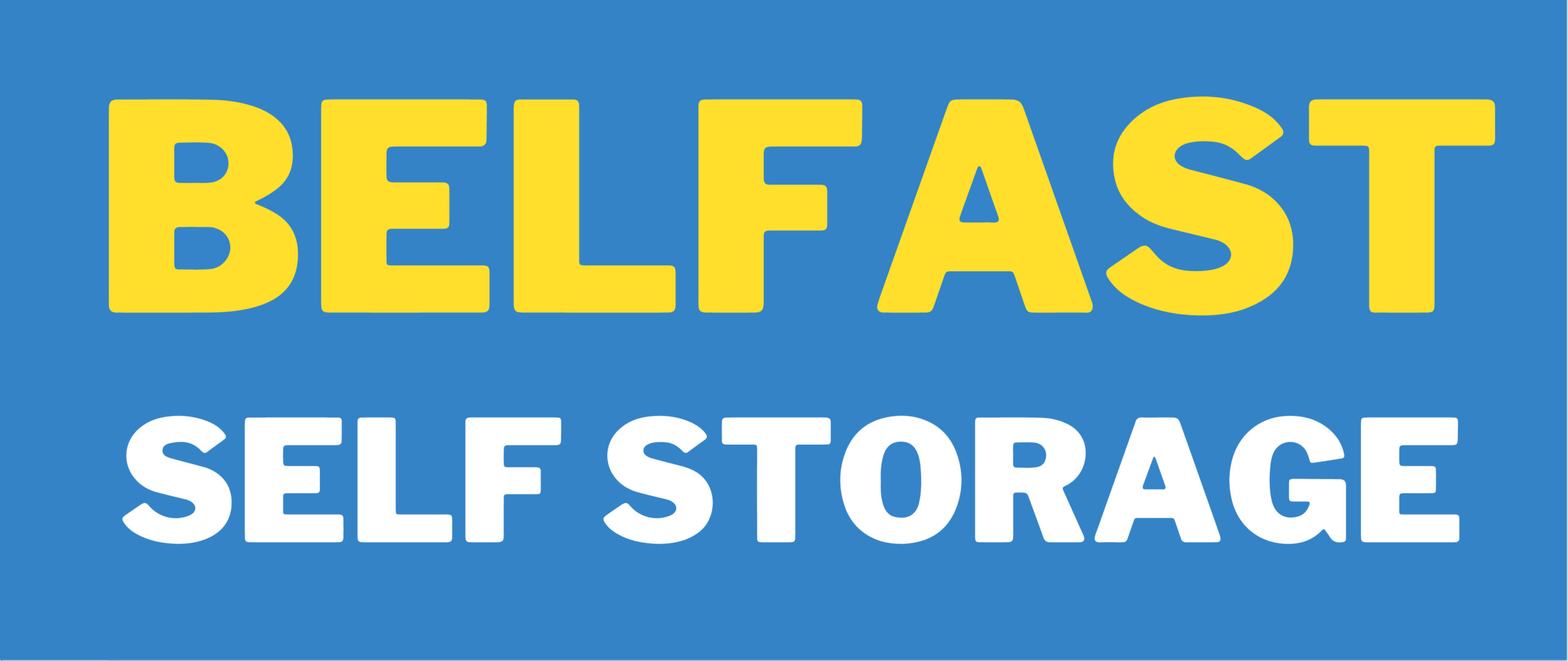Self-storage is a practical solution when you need extra space, but how long do you really need it for? Some people only need storage for a few weeks, while others keep their belongings in a unit for years. Understanding the difference between short-term and long-term storage can help you make the right decision—whether you’re moving house, storing business stock, or keeping seasonal items out of the way.
Let’s look at how each option works, the situations where they make sense, and which one is right for you.
What is Short-Term Storage?
Short-term storage typically lasts anywhere from a few weeks to a few months. It’s a great option when you need temporary space without committing to a long-term rental.
When Does Short-Term Storage Make Sense?
- Moving House – If there’s a delay between moving out and moving in, or if you need to stage your home for sale, short-term storage offers a safe place for your belongings.
- Renovating Your Home – Construction dust, paint, and clutter can damage furniture and valuables. A storage unit keeps them safe until the work is done.
- Travelling for a Few Months – If you’re going abroad for work, study, or a long holiday, storing key belongings can prevent damage or theft while you’re away.
- Student Storage Over the Summer – Many students rent short-term storage when moving out of university accommodation between terms.
- Seasonal Storage Needs – Short-term storage is great for keeping Christmas decorations, garden furniture, or winter sports equipment out of the way when you’re not using them.
- Business Overflow & Event Storage – Businesses often need temporary storage during peak seasons, especially retail stores, event planners, and e-commerce businesses managing stock before major sales periods.
What is Long-Term Storage?
Long-term storage is typically for six months or longer. It’s ideal when you don’t need regular access to your items but want them stored securely for the future.
When Does Long-Term Storage Make Sense?
- Downsizing or Decluttering – If you’re moving to a smaller home but don’t want to part with furniture or sentimental items, long-term storage offers a safe solution.
- Travelling or Working Abroad for an Extended Period – If you’re relocating overseas, long-term storage ensures your belongings remain safe until you return.
- Keeping Family Heirlooms & Sentimental Items – If you’ve inherited items that you’re not ready to sort through, storage gives you time to decide what to do with them.
- Business Storage for Stock & Equipment – Many businesses store excess inventory, marketing materials, tools, and office furniture for the long term, especially when space is limited in the workplace.
- Document & Archive Storage – Paperwork, legal records, and tax files can take up a lot of space, and long-term business self-storage is a secure way to keep them without cluttering your office.
- Storing Large or Hobby Equipment – Kayaks, bicycles, collectables or large tools that aren’t used daily can be safely stored long-term.
Personal vs. Business Storage Needs
Both short-term and long-term storage can work for individuals and businesses, but the right choice depends on why you need the space.
For Personal Storage:
- Short-term storage is ideal for temporary needs like moving, travelling, or storing seasonal items.
- Long-term storage is better suited for downsizing, keeping heirlooms, or holding onto items for future use.
For Business Storage:
- Short-term storage helps businesses with seasonal stock, promotional materials, and temporary overflow.
- Long-term storage is a cost-effective way to store documents, excess inventory, and equipment.
Choosing the right option depends on how frequently you need to access your items and how long you plan to store them.
Packing & Organisation Tips
No matter how long you plan to store your belongings, proper organisation will save you time and hassle later.
- Use Strong, Stackable Packing Boxes – Weak cardboard boxes can collapse over time. Invest in sturdy ones.
- Label Everything Clearly – Make it easy to find items when you need them.
- Stack Wisely – Heaviest items should go at the bottom to avoid crushing fragile belongings.
- Leave an Aisle for Access – If you need to retrieve items, avoid piling everything up against the door.
- Use Protective Dust Covers – Furniture, mattresses, and electronics should be covered to keep them dust-free.
Good organisation will help prevent damage, save space, and make accessing your items easier when you need them.
Security at Belfast Self Storage
No matter which option you choose, keeping your belongings safe is a priority. Belfast Self Storage offers:
- CCTV Monitoring – 24/7 surveillance for security and peace of mind.
- Secure Access Control – Only you can access your unit.
- Individually Locked Units – Keep your belongings private and protected.
These measures ensure that your items are stored safely, whether for weeks, months, or years.
Final Thoughts: Which Storage Option is Right for You?
If you need a flexible, temporary solution, short-term storage is the way to go. But if you want affordable, long-term security, committing to long-term storage will likely save you money.
Still unsure? Get in touch today and let our team help you find the perfect unit for your needs!


